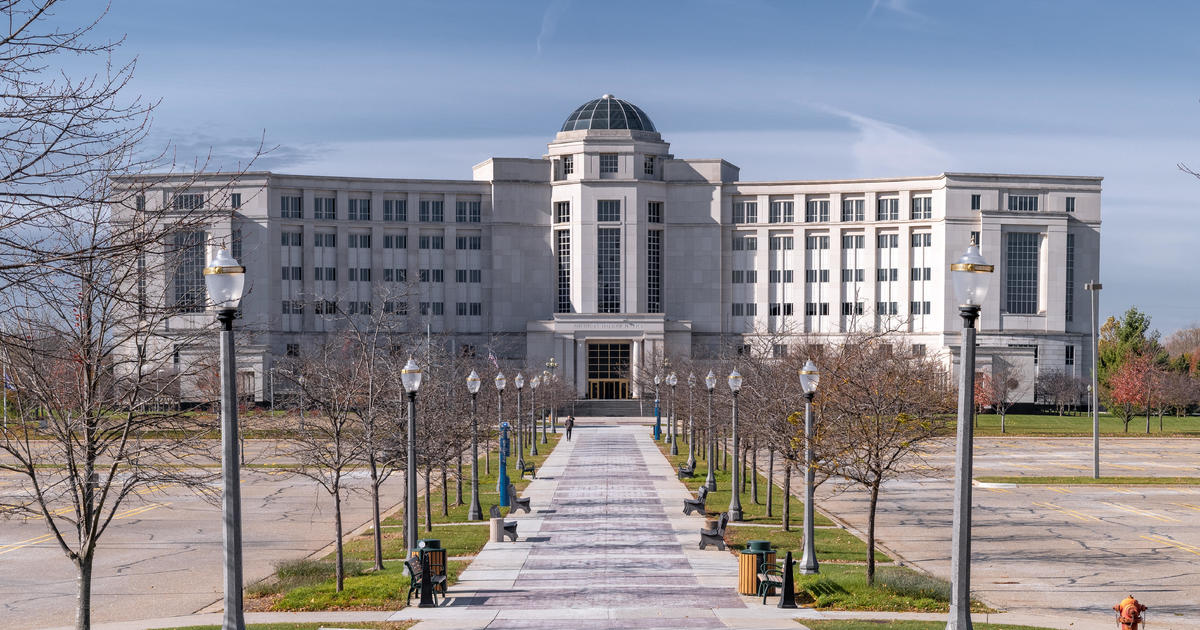License To Discriminate? Lawmakers Consider Bill Allowing Doctors, EMTs To Refuse Care Of Gay Patients
LANSING (WWJ) - Can doctors and emergency medical technicians legally refuse to give life saving assistance to a gay person, if the caregiver doesn't believe in the gay lifestyle? That question is being debated in the Michigan Legislature.
"Talk about controversy," said WWJ Legal Analyst Charlie Langton. "Wow."
Legislation known as the Michigan Religious Freedom Restoration Act essentially states that people do not have to perform an act that would violate their sincerely held religious beliefs.
"For example, a Christian doctor who does not believe in a gay lifestyle, would not have to treat a gay patient," Langton said. "Or perhaps, a Jewish butcher would not have to handle non-Kosher meat."
Opponents say the bill, which is modeled after a federal law upheld by the U.S. Supreme Court, creates a license to discriminate. Critics say extreme cases may unfairly deny people basic rights.
House Speaker Jase Bolger, who sponsored the bill, said the intention is to shield people who are being forced by the government to violate their deeply held religious beliefs.
"The individual must show they have a sincerely held religious belief that has been substantially burdened," Bolger said in a statement. "This bill is not a license to discriminate; the courts have already demonstrated for decades that wild claims will not be supported."
The bill passed the Michigan House by a 59-50 vote earlier this month and is now headed to the Senate for consideration.
"These bills are about the individual freedoms and rights that our country was founded on," Rep. Greg MacMaster, who voted for the bill, said in a statement. "Michigan residents simply need the reassurance that they can practice their faith without the fear of being harassed or sued, or their businesses threatened by government action."
WWJ Lansing Bureau Chief Tim Skubick said if Senators want to act on the bill, they'll have to do it quick -- including Thursday, there are only five legislative days left before the end of the year.
"We don't know if this is going to happen, but it is clearly on the agenda," he said.
If Senators fail to act, the bill dies and must be reintroduced in the next two-year session.
At least 19 states have approved laws mirroring the federal law, which prohibits the government from imposing a substantial burden on the exercise of religion for anything other than a compelling government interest pursued in the least restrictive way, according to the Associated Press.



